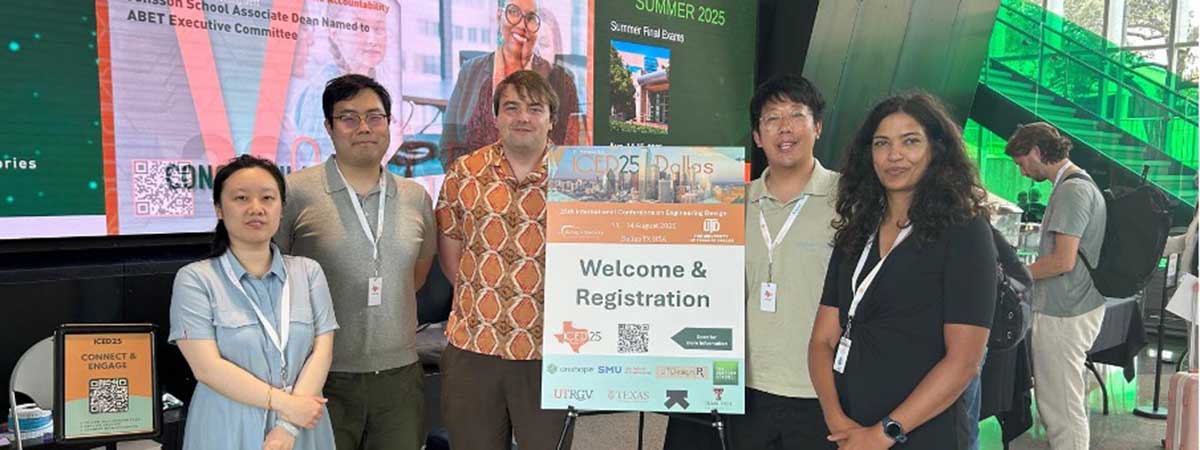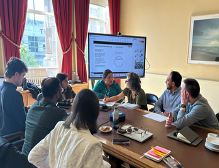Lead DIGIT Lab Academic: Roger Maull.
What is the impact of reducing air freight on developing countries?
This initiative involves gathering data throughout the value chain for various fresh produce items, comparing carbon emissions for food originating from countries like Ghana, Benin, and South Africa with those from European nations. The analysis delves into the employment data to assess the potential impact of reducing air freight on developing countries.
DIGIT Lab is partnering with Blue Skies, who is leading the project. Simon Derrick, global head of sustainability at Blue Skies, summarises the challenge below:
“Climate change is real and demands an urgent and radical response if we are to adapt to the significant threat it poses to our planet. However, with increasing pressure on organisations to act, there is a growing risk that corporate net zero strategies that seek to reduce emissions by reducing imported or airfreighted food, end up alienating and negatively impacting economically less developed countries, to the detriment of livelihoods in rural communities.”
Selected Publications
- Brewer, S., Manning, L., Bidaut, L., Onoufriou, G.Durrant, A., Leontidis, G., Jabbour, C., Zisman, A., Parr, G., Frey, J., Maull, R. (2023). ‘Decarbonising our food systems: contextualising digitalisation for net zero’. Frontiers in Sustainable Food Systems, (7), pp.1-8.




